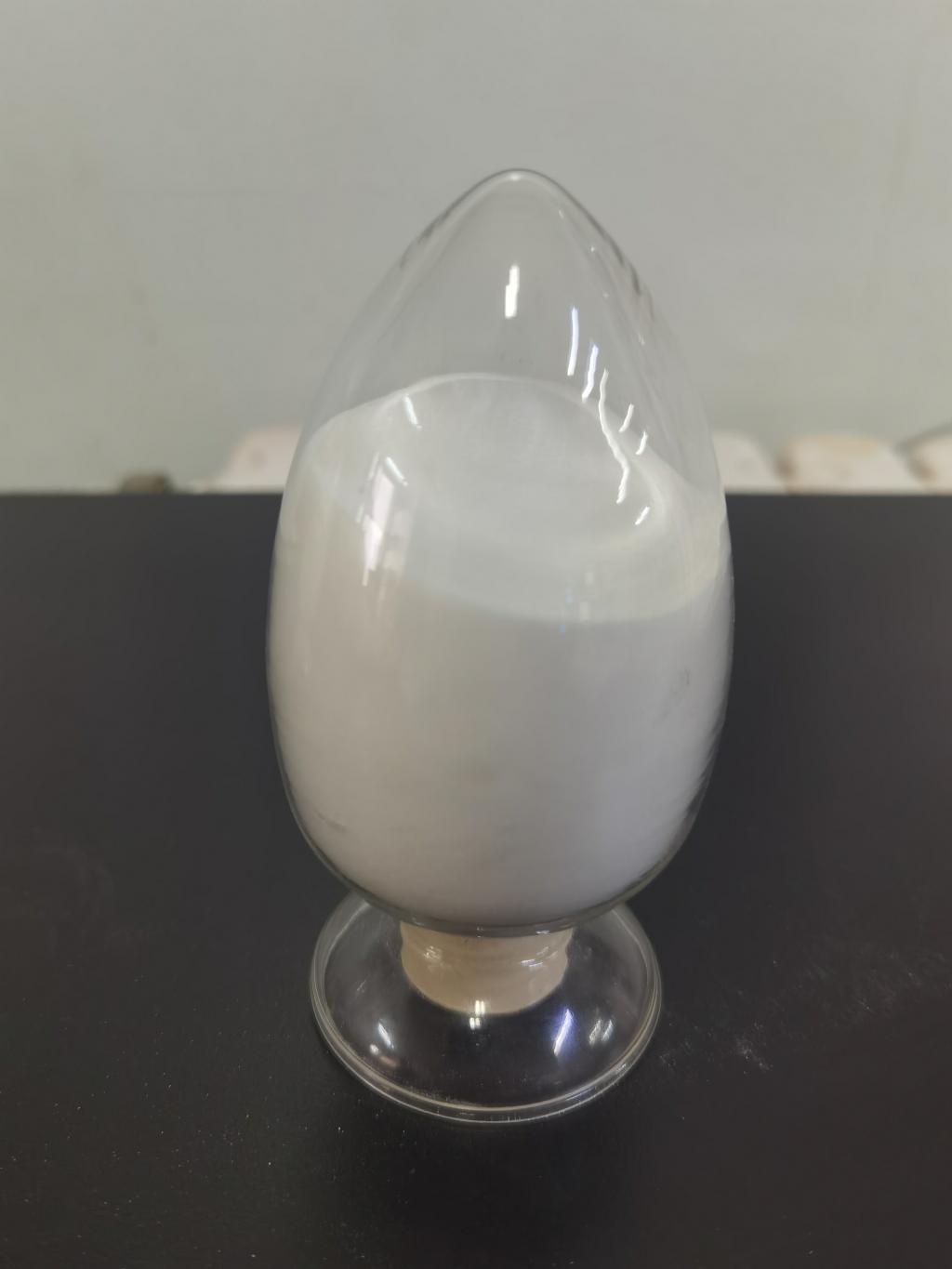Tel:+8618231198596

News
 CONTACT
CONTACT
 CONTACT
CONTACT
- Linkman:Linda Yao
- Tel: +8618231198596
- Email:linda.yao@dcpharma.cn
- Linkman:CHARLES.WANG
- Department:Overseas
- Tel: 0086 0311-85537378 0086 0311-85539701
News
ε-Polylysine Hydrochloride Factory stock: Navigating the Landscape of Global Food Regulations.
TIME:2023-10-11
2. Understanding ε-Polylysine Hydrochloride
ε-Polylysine hydrochloride is a natural antimicrobial compound derived from microbial fermentation. It is effective in inhibiting the growth of pathogenic and spoilage microorganisms, making it a valuable tool for food preservation and safety.
3. The Global Nature of the Food Industry
The food industry operates on a global scale, with food products crossing international borders regularly. This globalization necessitates adherence to an array of national and international regulations to ensure food safety and quality.
4. The Complexity of Food Regulations
Food regulations are designed to protect consumer health, ensure product safety, and maintain the integrity of food products. However, these regulations can be complex and multifaceted, involving numerous authorities, guidelines, and standards.
5. Regional Variation in Food Regulations
Food regulations vary significantly from one region to another. Some of the key areas where regulations may differ include:
Permissible Levels: The acceptable concentration of ε-Polylysine hydrochloride in food products can vary widely, depending on the regulatory authority and country.
Labeling Requirements: Regulations regarding the labeling of products containing ε-Polylysine hydrochloride, including how it should be declared and highlighted, differ from one region to another.
Safety Assessments: The safety assessments and data requirements for ε-Polylysine hydrochloride may vary by regulatory authority.
6. Food Additive Approval Process
In many regions, food additives, including ε-Polylysine hydrochloride, undergo rigorous evaluation processes before they are approved for use in food products. These processes typically involve safety assessments, toxicological studies, and adherence to specific regulations.
7. The Importance of Compliance
Ensuring compliance with regional regulations is essential for any company involved in the food industry. Non-compliance can result in legal repercussions, product recalls, damaged reputations, and financial losses.
8. Strategies for Navigating Global Food Regulations
Navigating the complex landscape of global food regulations regarding ε-Polylysine hydrochloride requires a strategic approach:
Conduct Regulatory Assessments: Food industry stakeholders should perform comprehensive regulatory assessments to understand the specific requirements and standards in the regions where their products are distributed.
Engage with Regulatory Authorities: Establishing open and constructive communication with regulatory authorities can facilitate the approval process and ensure compliance.
Consult with Experts: Seeking advice and guidance from experts in food regulations and safety can help businesses navigate the complexities of the regulatory landscape.
Keep Abreast of Regulatory Updates: Regulations are subject to change, so staying informed about regulatory updates is crucial.
9. Conclusion
ε-Polylysine hydrochloride has emerged as a valuable tool in the food industry for enhancing food safety and extending shelf life. However, the use of this compound is intricately linked to global food regulations, which vary significantly from one region to another. Understanding and navigating this complex regulatory landscape is vital for food industry stakeholders to leverage the benefits of ε-Polylysine hydrochloride while ensuring the safety and lawfulness of their product offerings. By addressing these regulatory challenges effectively, the food industry can continue to innovate and provide safe and compliant food products to consumers worldwide.
- Tel:+8618231198596
- Whatsapp:18231198596
- Chat With Skype







